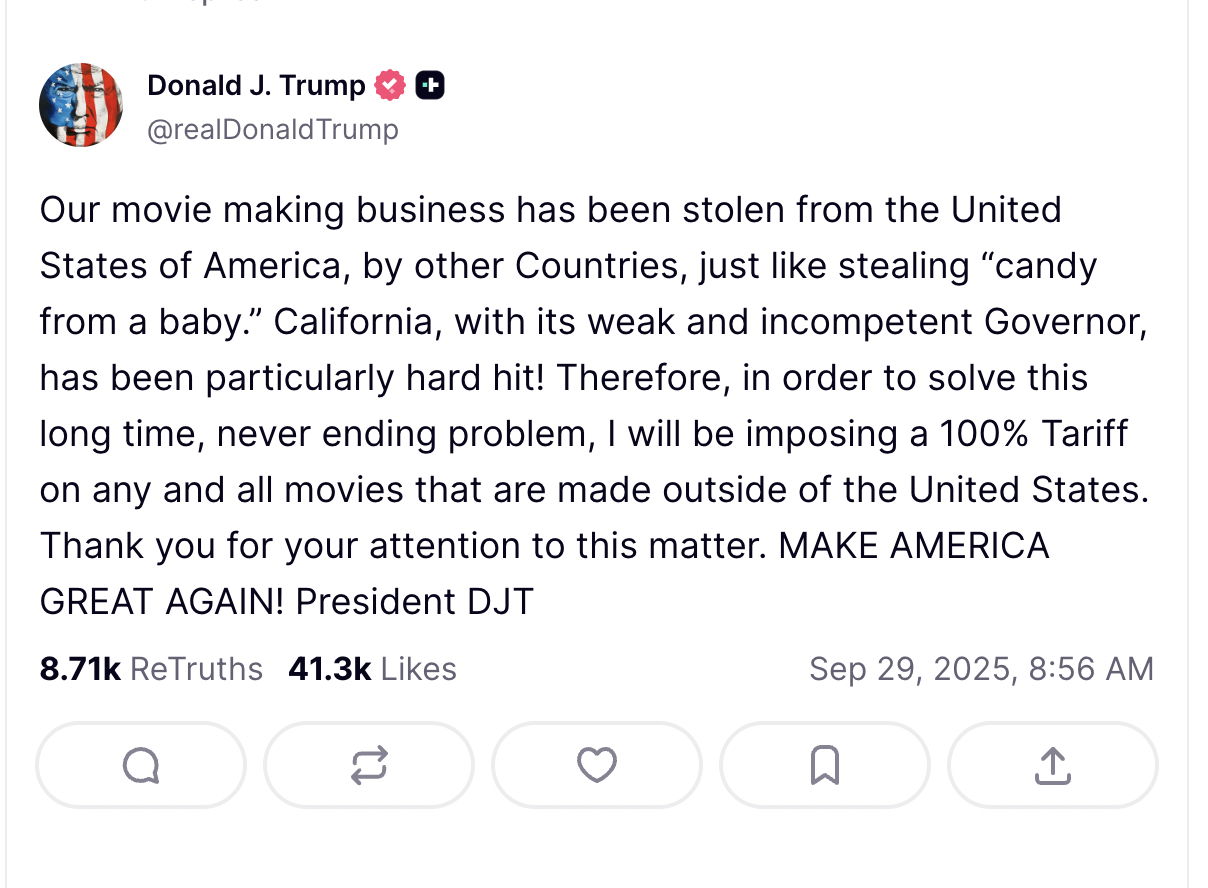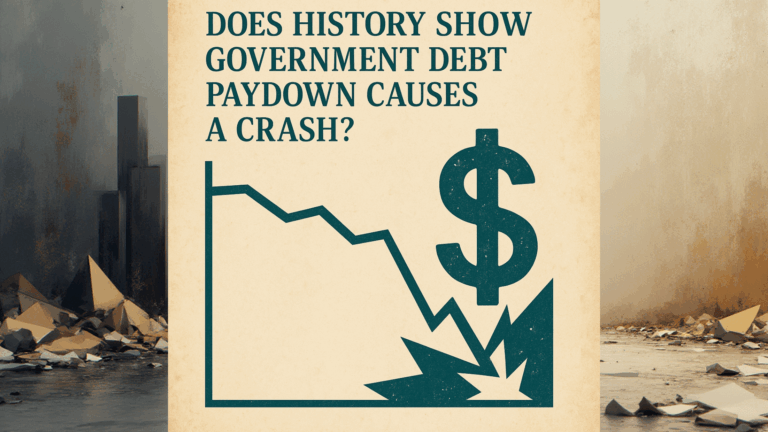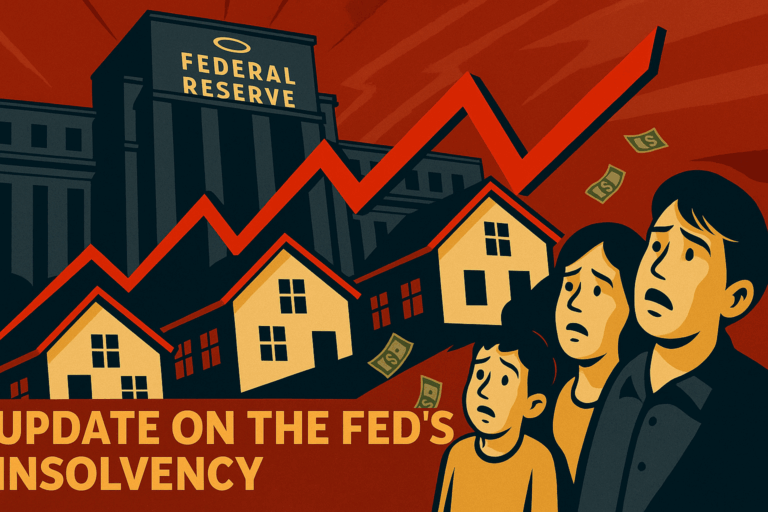Last week President Trump announced a 50 percent tariff on imported kitchen cabinets and vanities, while on September 29 he announced a 100 percent tariff on foreign made movies:

Although Trump’s movie post inspired much mirth online—for my part, I tweeted that it would be more efficient to impose a surtax on sequels—it’s really amazing just how far the Administration has strayed from any semblance of an economically coherent strategy with respect to imports.
Now to be clear, even though I’m a free trader, I have been bending over backwards to give Team Trump the benefit of the doubt. (For example, on an academic podcast I talked with another economist about the persuasive case that Stephen Miran had made for a strategic use of tariffs, in conjunction with other policies.) But when it comes to these latest announcements, there’s no way to fit them into a coherent strategy that makes economic sense.
For example, one of the popular MAGA talking points among libertarian types was to argue that of course Trump is for free trade, so long as there’s a level playing field. Trump was only using tariffs, these particular defenders claimed, as a club with which to get other countries to lower their trade barriers. That’s why the original “Liberation Day” announcement of Trump’s aggressive tariffs back in April were tied to specific countries, and were calibrated to be one-half of the rate that each country (allegedly) levied against US exports.
But now, Trump isn’t levying tariffs against particular countries, but rather against particular products. Is it really the case, for example, that bathroom vanities have been waging an unfair trade war against Americans? By applying the same percentage tariff to a product type so long as it’s from a foreign country, Trump is now making clear that this is old-school protectionism; there’s no longer even the pretense that these are merely reciprocal tariffs giving foreign regimes a taste of their own medicine.
The other aspect of the Liberation Day tariffs was the claim that it was a national emergency. After all, they teach in school that new taxes must be enacted by Congress; the Executive Branch doesn’t have the authority to slap taxes on imports. Back in April, the Trump Administration argued that the regime of new tariffs was justified under the 1977 International Emergency Economic Powers Act. Even that move was quite dubious, because the 1977 Act clearly had in mind scenarios where the president could (say) freeze the bank accounts of terrorist sleeper cells acting within US borders.
Calling the trade deficit a “national emergency” and justifying a schedule of large tariffs via this Act was always a stretch, but it has now reached absurdity: Nobody can possibly argue with a straight face that imports of foreign films constitutes an emergency.
Finally, I note that the national defense element—which was invoked to explain the Trump Administration’s strong-arming of Intel—is obviously not a factor here. Nobody can allege that China is threatening us with bathroom vanities loaded with spyware, for example.
In conclusion, Trump’s recently announced tariffs on cabinets, vanities, and even films shows that the Administration is no longer even trying to justify its policies with respect to sound market economics. This is straight up protectionism in its crudest form, against which we have literally centuries of economic theory to deploy.
Dr. Robert P. Murphy is the Chief Economist at infineo, bridging together Whole Life insurance policies and digital blockchain-based issuance.
Twitter: @infineogroup, @BobMurphyEcon
Linkedin: infineo group, Robert Murphy
Youtube: infineo group
To learn more about infineo, please visit the infineo website

